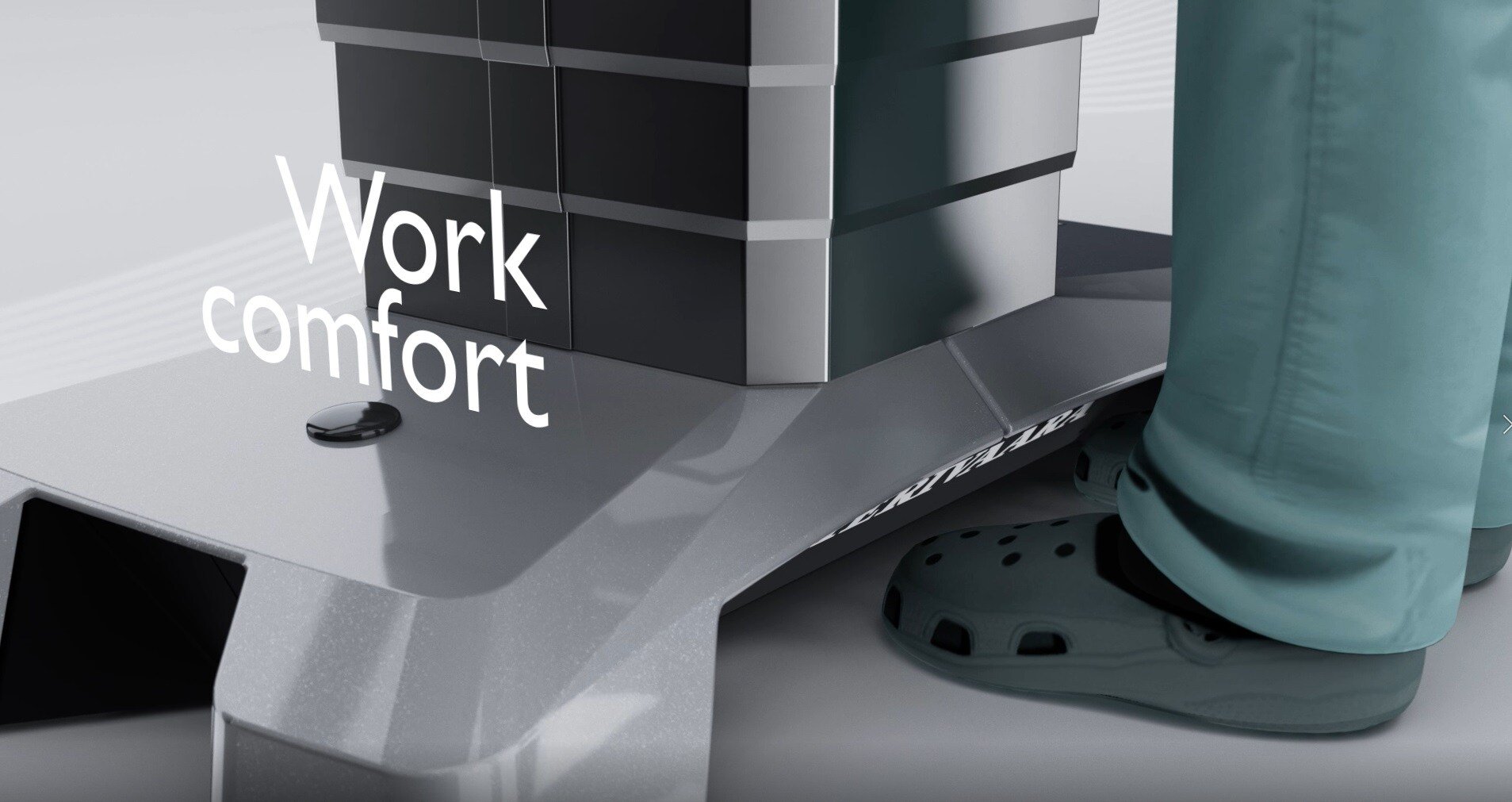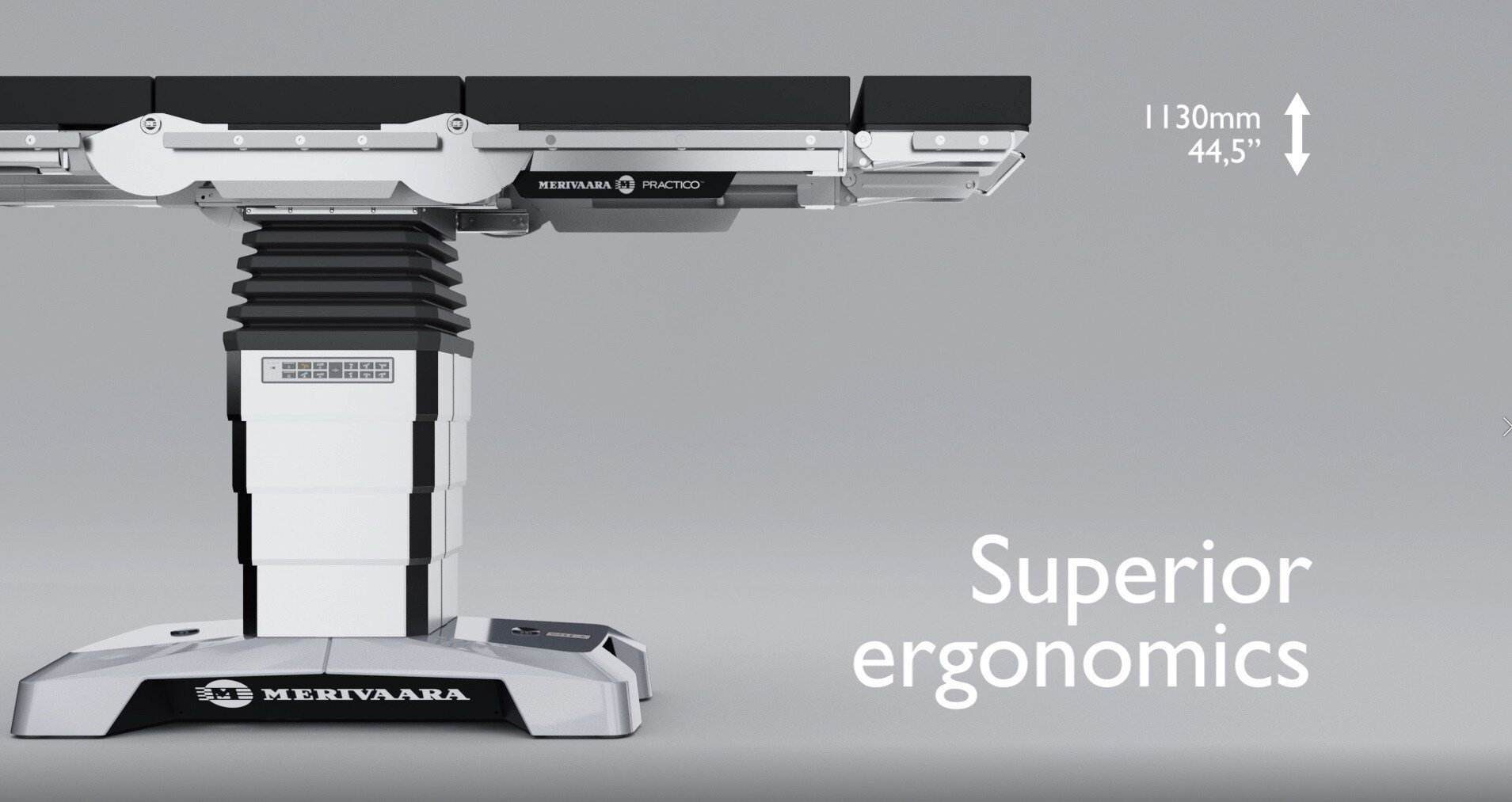Is ageing surgical equipment impacting your operations?
Within both the NHS and private healthcare, the performance of surgical equipment is pivotal.
Many facilities grapple with the challenges posed by ageing equipment, which not only threatens the efficiency of surgical procedures but also compromises patient safety and comfort.
The problem with ageing surgical equipment
Surgeons, theatre teams and patients are directly impacted by the declining performance of ageing operating tables. The risk of equipment failure during operations introduces a considerable threat, potentially leading to the cancellation of surgical lists.
These cancellations can incur substantial fines, adding financial strain to already stretched healthcare budgets.

The root of this issue often lies in a lack of awareness about the equipment's lifecycle and previous maintenance handled by multiple suppliers, leaving healthcare providers unsure about where to turn for reliable service.
Theatre managers often face criticism and complaints about the current state of the equipment, which affects their daily operations and overall workplace morale. This scenario is especially prevalent in orthopaedic theatres, where the precision and reliability of operating tables are crucial.
Improving the performance and efficiency of operations
Replacing ageing operating tables brings multifaceted benefits. Not only improving efficiency, comfort and performance for operating theatre staff and patients, it also brings peace of mind that long term maintenance and service is available for any issues that may arise, without the worry of obsolete parts and service availability.
Increased efficiency: Improved features of operating tables allow surgeons to utilise the full range of functionalities efficiently, preventing the need to cancel operations. This reliability translates into better surgical outcomes and reduced operational backlog.
Enhanced comfort: New ergonomic designs enhance the comfort for both theatre teams and patients, facilitating a smoother and safer surgical experience. This improvement is crucial not only for patient satisfaction but also for maintaining the morale of theatre staff, who no longer have to constantly deal with equipment-related setbacks.


These benefits are critical for theatre teams, hospital directors, surgeons, and patients alike. For private healthcare providers, the ability to conduct operations without interruptions significantly boosts the hospital's reputation and operational revenue. For the NHS, it means alleviating pressure on surgical schedules and reducing waiting times, which are essential for patient satisfaction and the overall efficiency of healthcare delivery.
For more information on alternative solutions for your operating theatre, visit: https://uk.bender-group.com/operate-with-efficiency.
This article is for informational purposes only. Bender provides the information "as is" without warranty and is not responsible for its accuracy or reliability. No warranties are given regarding its suitability for any specific circumstances.




